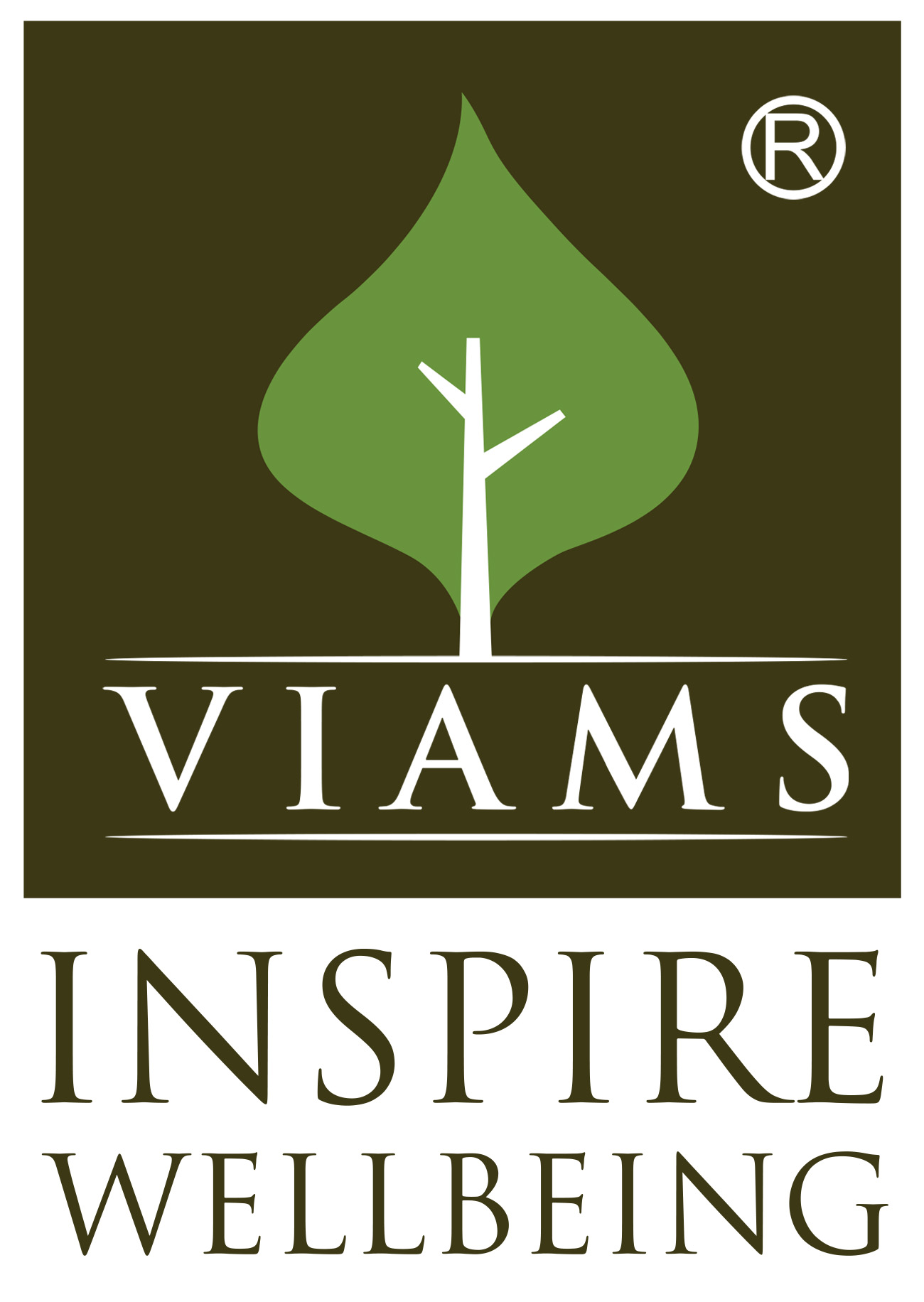Psoriasis
Psoriasis is a chronic autoimmune skin condition characterized by rapid skin cell turnover, leading to the formation of thick, red, scaly patches on the skin. It affects millions of people worldwide and can range from mild to severe, significantly impacting the quality of life. While its exact cause is not fully understood, a combination of genetic, immune system, and environmental factors plays a role.
Types of Psoriasis
There are several types of psoriasis, each with distinct characteristics:
- Plaque Psoriasis: The most common form, causing raised, inflamed, red lesions covered with silvery white scales.
- Guttate Psoriasis: Small, dot-like lesions often triggered by bacterial infections such as strep throat.
- Inverse Psoriasis: Characterized by bright red lesions that appear in body folds, such as underarms or groin.
- Pustular Psoriasis: Causes white pustules (blisters of non-infectious pus) surrounded by red skin.
- Erythrodermic Psoriasis: A severe form that leads to widespread redness and scaling over large areas of the body.
Effectiveness of Ayurvedic Treatment
Ayurveda approaches psoriasis as a condition rooted in imbalances of the body’s doshas, primarily Vata and Kapha, leading to the accumulation of toxins (ama) in the skin. Ayurvedic treatment focuses on detoxification, purification, and restoring balance through therapies like Panchakarma, herbal formulations, and lifestyle modifications. Ayurvedic treatments have shown promising results in managing psoriasis, offering long-term relief by addressing the root causes rather than just alleviating symptoms.
Key Ayurvedic treatments include:
- Virechana (therapeutic purgation): To remove toxins from the body.
- Raktamokshana (bloodletting): To purify the blood and reduce inflammation.
- Snehana and Swedana (oil and heat treatments): To nourish and rejuvenate the skin.
- Herbal formulations: Such as medicated oils, lepas (herbal pastes), and internal medicines to reduce inflammation and itching.
Benefits of Integrated Treatment at VIAMS
At VIAMS, we provide an integrated approach combining Ayurvedic therapies with modern healthcare sciences. Our psoriasis management protocol includes:
- Personalized Panchakarma therapies: To detoxify and rejuvenate the body.
- Allied healthcare sciences: Like physiotherapy, counseling, and yoga, aimed at addressing both physical and emotional aspects of the disease.
- Specialized herbal formulations: Tailored to individual needs, ensuring maximum effectiveness.
This comprehensive approach helps in not just managing the skin symptoms but also addressing the underlying causes, reducing the chances of recurrence, and improving overall well-being.
The Importance of Diet in Skin Diseases
In Ayurveda, diet plays a crucial role in managing psoriasis and other skin conditions. It is believed that improper diet and digestion are major contributors to toxin accumulation, aggravating skin diseases. At VIAMS, we emphasize the importance of a Psoriasis-friendly diet, which includes:
Avoiding foods that are difficult to digest, such as processed, fried, and spicy foods.
Including fresh, whole foods like fruits, vegetables, and grains that support digestion and detoxification.
Avoiding triggers like dairy, alcohol, and red meat, which may worsen symptoms.
Encouraging regular consumption of warm water and herbal teas to support the body’s cleansing processes.
By adhering to a diet plan alongside Ayurvedic treatments, patients can experience faster and more sustained relief from psoriasis symptoms.
Our Uniqueness
- Tailor-made medicines from our own Pharmacy
- Integration of Allied Healthcare Techniques
- Experienced Doctors & Therapists
- Three Stages of Treatment with Assessment
- Continuous Online Support 24 X 7
